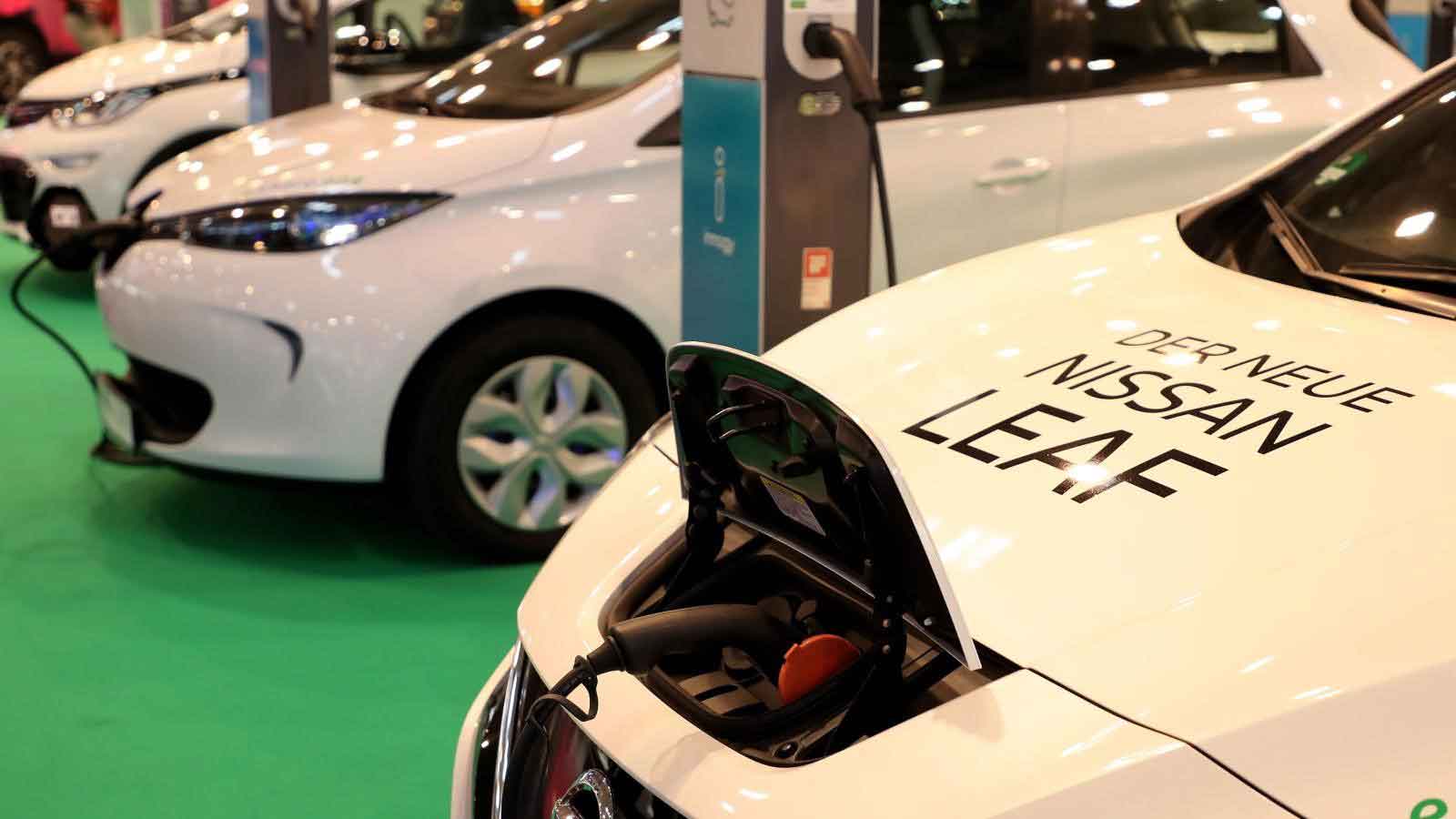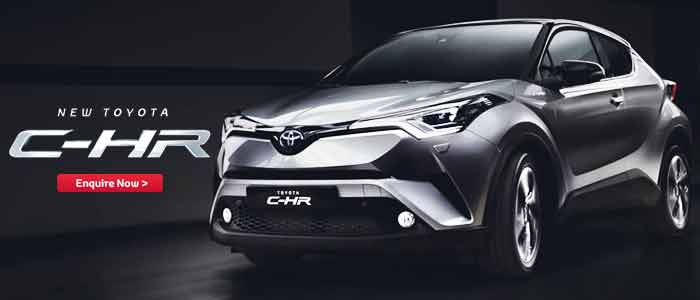An electric vehicle appears identical to a regular vehicle on the outside, but internally it is powered by an electric motor and has no need for oil or diesel fuel. Electric cars or EVs are much friendlier to the environment. An electric vehicle – EV requires charging and electric support for peak performance. This is done using a charger that has been specially built not to damage the car’s electric cells. Charging the vehicle takes 2-4 hours typically, and due to their speed-like bullet, no-fossil fuel burnout, and hi-tech innovations, consumers worldwide are importing electric vehicles – EVs.
With new technological advances, the amount of time it takes to charge a vehicle is constantly decreasing while the duration of time running without being charged is dramatically increasing. The average charging time is currently three hours. The idea of not having to go to a gas station is quite appealing to most consumers, but the main concern with electric vehicles is the possibility of being stranded somewhere without a charging station for any miles in developing countries like Guyana. Usually, electric vehicles in Guyana can be used for distances up to 200km from singular charges. Importing electric vehicles in Guyana has become quite the norm as the government is pushing for a greener and eco-friendly environment in the region and introducing Nissan Leaf as their standard go-to electric vehicle – EV.
Pros of Converting to an Electric Car.
- The use of traditional fuels (gasoline) is completely eliminated and replaced by an electrical grid source generated from renewable energy sources.
- Global acceptance and the development of recharging stations in cities to charge EV batteries instantly.
- Reduction in operational cost of the vehicle and zero fuel expenses.
- Electric car conversion allows for 1% or completely no-emissions of greenhouse gases during operation of the vehicle.
Cons of Converting to an Electric Car.
- The usage of Lithium-ion batteries in standard-electric vehicles only allows for 250-300 mileage range, and the maintenance cost for batteries can be quite expensive.
- There is still an inadequate amount of commercial battery recharging stations, especially in developing countries, making it difficult for individuals to recharge quickly and efficiently.
- Some individuals may be hindered from recharging their vehicles at their homes, given that their premises are not conducive or developed for such charges.
Even though there are some cons of EV – Electric Vehicles, developers, and car manufacturers globally are pushing EVs to the maximum, and these cars are certainly the future. In Guyana, you can easily get Nissan Leaf as an entry-level electric vehicle as it delivers performance, reliability, and user-friendliness! The Nissan Leaf is considered one of the most successful mid-range EV till date.
If you are considering to import electric vehicle – EV in Guyana, then Car Junction is certainly your number-one choice, period!
View All Stock of Electric Vehicles




























